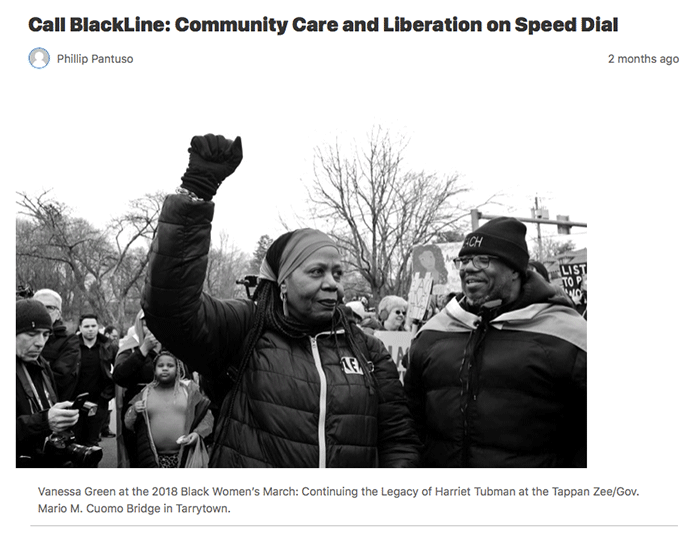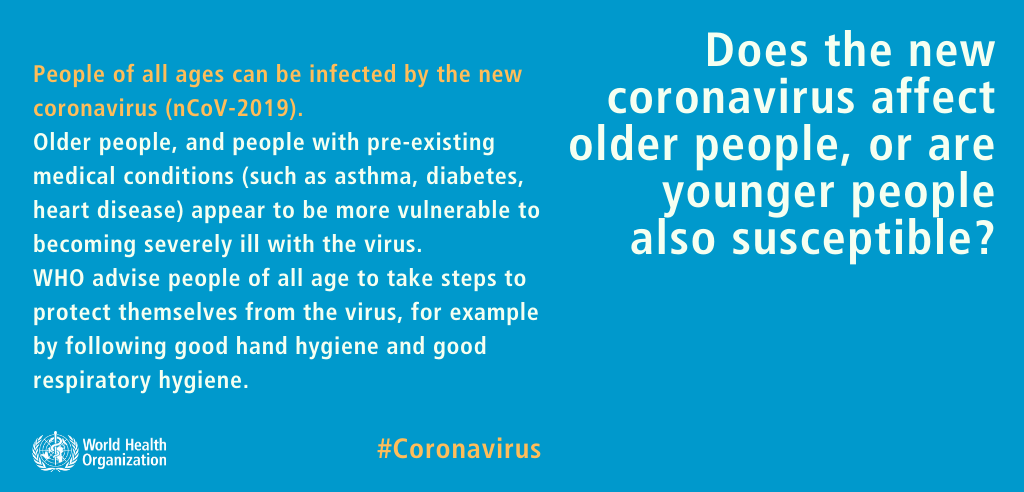I'm writing to you in anguish.
My community — my people — are hurting. We at BlackLine are hurting.
Black people in America have been subjected to violence for far too long. The recent killings of George Floyd, Breonna Taylor, and Ahmaud Arbery — on top of the disproportionate impact of Covid-19 on Black communities — have pushed us past a tipping point.
Our country — and most of our world — was built on male supremacy and white supremacy. It was intentionally done which means it can be undone. And, if enough of us come together, we can undo it. The one ray of light in this dark time is that we're seeing an awakening and arising of a broader coalition than ever seen before to create a new world, rooted in equality and equity.
A few things you can do:
Use your influence and platform to speak out against police violence and systemic racial oppression. To be silent right now is to be complicit.
Donate to grassroots racial justice organizations. Find the people and groups who are doing the work in your community and ask them what they need. Make a donation and invite people in your networks to join you. This is especially important for men — too often, women are the ones who show up to donate and volunteer for grassroots groups. All of us are needed right now.
(Especially for white folks) Discuss antiracist organizing and action with young people in your life — here are some resources we recommend.
BOOKS FOR ADULTS
Black Feminist Thought by Patricia Hill Collins
How to Be an Antiracist by Dr. Ibram X. Kendi
So You Want to Talk About Race by Ijeoma Oluo
The New Jim Crow by Michelle Alexander
White Fragility by Robin DiAngelo, PhD
Me and White Supremacy by Layla F. Saad
Feminist Theory by bell hooks
Between the World and Me by Ta-Nehisi Coates
Biased by Jennifer L. Eberhardt
BOOKS FOR PRE TEENS
Say Her Name by Zetta Elliott
This Book is Anti-Racist by Tiffany Jewel
Resist by Veronica Chambers
Not My Idea by Anastasia Higginbotham
All American Boys by Jason Reynolds and Brendan Kiely
Stamped by Jason Reynolds and Ibram X. Kendi
A Place Inside of Me by Zetta Elliot
BOOKS FOR YOUNG CHILDREN
The ABCs of Diversity by Carolyn B. Helsel and Y. Joy Harris-Smith
Something Happened in Our Town by Marianne Celano, PhD
The Youngest Marcher by Cynthia Levinson
A is for Activist by Innosanto Nagara
—Vanessa Green, MA, BlackLine Co-founder, Executive Director
“Black Women talk back that is our right and legacy.” —Dr. Julianne Malveaux
#blackline18006045841
www.callblackline.com
Call BlackLine and Co-founder, Executive Director Vanessa Green in the News
Call BlackLine: Community Care and Liberation on Speed Dial
By Tiana Headley, The River, Feb 1, 2021
7 Hudson Valley Activists Who Are Changing the Community for Good
By Mike Diago, Hudson Valley Magazine, January 22, 2021
Below are various resources for information, background, and general reading.
Myth Busters: Coronavirus disease (COVID-19) advice for the public
“Safe Space” by Vanessa Green MA, BlackLine CEO-Founder
Addressing Law Enforcement Violence as a Public Health Issue
On November 13, 2018 the American Public Health Association passed a statement naming police violence as a public health issue and recommending divestment from police and investment in community-based and community-led solutions. This is huge. See information below or click here for the full the statement:
Ways to reduce traumatic and harmful police interaction as well as incidents of police brutality towards marginalized folks and their community.
Reason #1 not to call the cops:
Don’t feel obligated to defend property—especially corporate “private” property. Before confronting someone or contacting police, ask yourself if anyone is being hurt or endangered by property theft or damage. If the answer “no,” then let it be.
Reason #2 to not call the cops:
If something of yours is stolen and you need to file a report for insurance or other purposes, consider going to the police station instead of bringing cops into your community. You may inadvertently be putting someone in your neighborhood at risk.
Reason #3 to not call the cops:
If you observe someone exhibiting behavior that seems odd, don’t assume they’re publicly intoxicated. Traumatic brain injury or a similar medical episode may be occurring. Ask if they are OK, if they have a medical condition, or if they need assistance.
Reason #4 to not call the cops:
If you see someone pulled over with car trouble, stop, ask if they need help or if you can call a tow truck for them. If the police come on the scene, they may give punishments/unnecessary tickets to people with car issues, target those without documentation, or worse.
Reason #5 to not call the cops:
Keep a contact list of community resources like suicide hotlines. When police are contacted to “manage” such situations, people with mental illness are sixteen times more likely to be killed by cops than those without mental health challenges.
Reason #6 to not call the cops:
Check your impulse to call the police on someone you believe looks or is acting “suspicious.” Is their race, gender, ethnicity, class, or housing situation influencing your choice? Such calls can be death sentences for many.
Reason #7 to not call the cops:
Teachers, coworkers, or organizers must avoid inviting police to classrooms, workplaces, and public spaces. Create a culture of taking care of each other, not putting people in harm’s way. Groups holding rally/demonstration: DON’T get permits or cooperate with police.
Inviting cops into spaces puts people at risk; perpetuates an unnecessary fear and trauma. Cooperation with and including them, gives them more power and control in our lives. If they really want to be about the community they’d initiate, non confrontational out of uniform interactions.
From the crew at BlackLine: Covid-19
This is a moment for us to take a deep breath and be aware of the ways we as Black people have been conditioned to shun help, to hide vulnerability. These traits can be deadly at a time like this — let’s commit together to acknowledge that yes we are a strong and resilient people. Recognizing that strength also means asking for help and taking care of ourselves and each other:
Listen to the experts — Too often, we ignore advice because of the way this country has systemically treated us. This is a time to listen to and heed public health experts. Our community depends on it.
Ask for help if you need it — If you’re feeling sick, call your doctor. If you need help with child care, with anxiety, with anything, don’t hesitate to ask for it. Strong people know when they need help.
Share your emotions — We’re all anxious right now. It’s ok to be open about how you’re feeling. It will help you connect with others. If you keep your emotions bottled up, they’re likely to manifest in other ways — like anger.
Be a leader, and a teammate — Leadership is essential in times of crisis, but leadership doesn’t mean “do it my way.” Leadership means listening, understanding, and serving as a calm guide.
Connect with your community — Don’t let physical distancing mean social isolation. Make the effort to connect on video with friends and family. Check in on vulnerable friends — and “strong” friends, too. Show up (safely) — both for them and for you.
Rest and recharge — You’re no use to anyone if you’re exhausted or frazzled. Take time to take care of yourself and stay healthy. Get eight hours of sleep. Get some exercise. Your community needs you healthy right now more than ever.
Parent with compassion — Parents are being called upon to guide our children through unprecedented times right now. We urge you to listen to your children’s needs and to show up as a parent. They need you now.
It’s clear that this outbreak, like so many things, will have an outsized impact on marginalized communities. And we know that violence against women and girls often spikes during times of isolation, and home isn’t safe for everyone. We urge you to support your local violence intervention and prevention organizations and support vulnerable individuals in your community.
We’ll be in touch again soon with more updates,
Vanessa Green MA
“Black Women talk back that is our right and legacy.” —Dr. Julianne Malveaux
#blackline18006045841
www.callblackline.com





